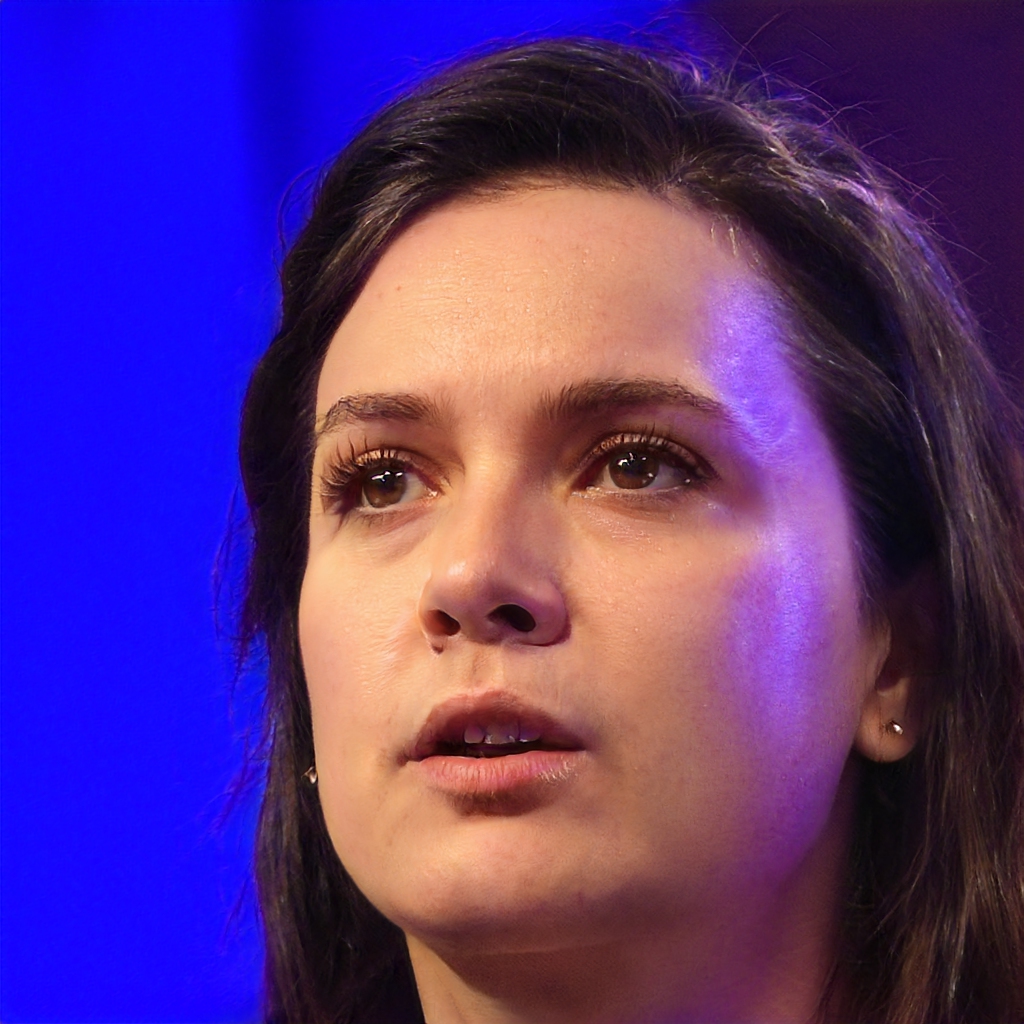Inductive reasoning is a method of reasoning in which the premises are used to support the conclusion, but the conclusion is not necessarily true. The premises of an inductive argument may be true or false, but the conclusion must be true.
Inductive reasoning is often used in everyday life. For example, when you see a bird fly, you may conclude that all birds can fly. This is an example of inductive reasoning.
What is Inductive vs deductive reasoning?
There are two main types of reasoning: inductive and deductive. Both are important in mathematical modelling and statistical inference.
Inductive reasoning is when we reason from the specific to the general. We start with a set of data or observations, and then try to find a general pattern or rule that explains the data. For example, we might observe that a certain type of bird always builds its nest in a certain way. From this, we might inductively reason that all birds build their nests in this way.
Deductive reasoning is when we reason from the general to the specific. We start with a general rule or pattern, and then try to apply it to a specific situation. For example, we might know that all birds build their nests in a certain way. From this, we can deductively reason that a specific bird must build its nest in this way.
Both inductive and deductive reasoning are important in mathematical modelling and statistical inference. Inductive reasoning is important for coming up with new models and theories. Deductive reasoning is important for testing whether existing models and theories are valid.
What are the four types of inductive reasoning?
The four types of inductive reasoning are generalization, instantiation, analogy, and causal reasoning.
Generalization is the process of inferring a general rule from specific instances. For example, if you observe that a certain type of bird always builds its nest in a certain way, you might generalize that all birds build their nests in that way.
Instantiation is the process of inferring that a particular instance must be true, based on the fact that it conforms to a general rule. For example, if you know that all birds build their nests in a certain way, and you see a bird building its nest in that way, you can instantiate that this particular bird is indeed building its nest correctly.
Analogy is the process of inferring that two things are similar, based on the fact that they share some common features. For example, if you know that birds and bats are both animals that have wings, you might Analogize that they are both able to fly.
Causal reasoning is the process of inferring that one event causes another, based on the fact that the two events are correlated. For example, if you observe that a certain type of bird always builds its nest in a certain way, and you also observe that this type of bird always has successful offspring, you might infer that the way the bird builds its nest causes its offspring to be successful.
What are three types of inductive reasoning?
Inductive reasoning is a method of reasoning in which the premises are used to support the conclusion, but the conclusion is not necessarily true. The three types of inductive reasoning are:
1. Generalization: This is when the premises are used to support a general conclusion. For example, if all the birds that you have seen are red, then you might conclude that all birds are red.
2. Analogy: This is when the premises are used to support a conclusion that is based on similarity. For example, if you know that a cat is a mammal, and you know that a dog is a mammal, then you might conclude that a lion is a mammal.
3. Causal reasoning: This is when the premises are used to support a conclusion that is based on cause and effect. For example, if you know that a car needs gasoline to run, and you know that the car is not running, then you might conclude that the car does not have gasoline. What is inductive reasoning simple? Inductive reasoning is a method of reasoning in which the conclusion is drawn from a set of observations or premises. This type of reasoning is often used in science, as scientists often make conclusions based on data that they have collected.
